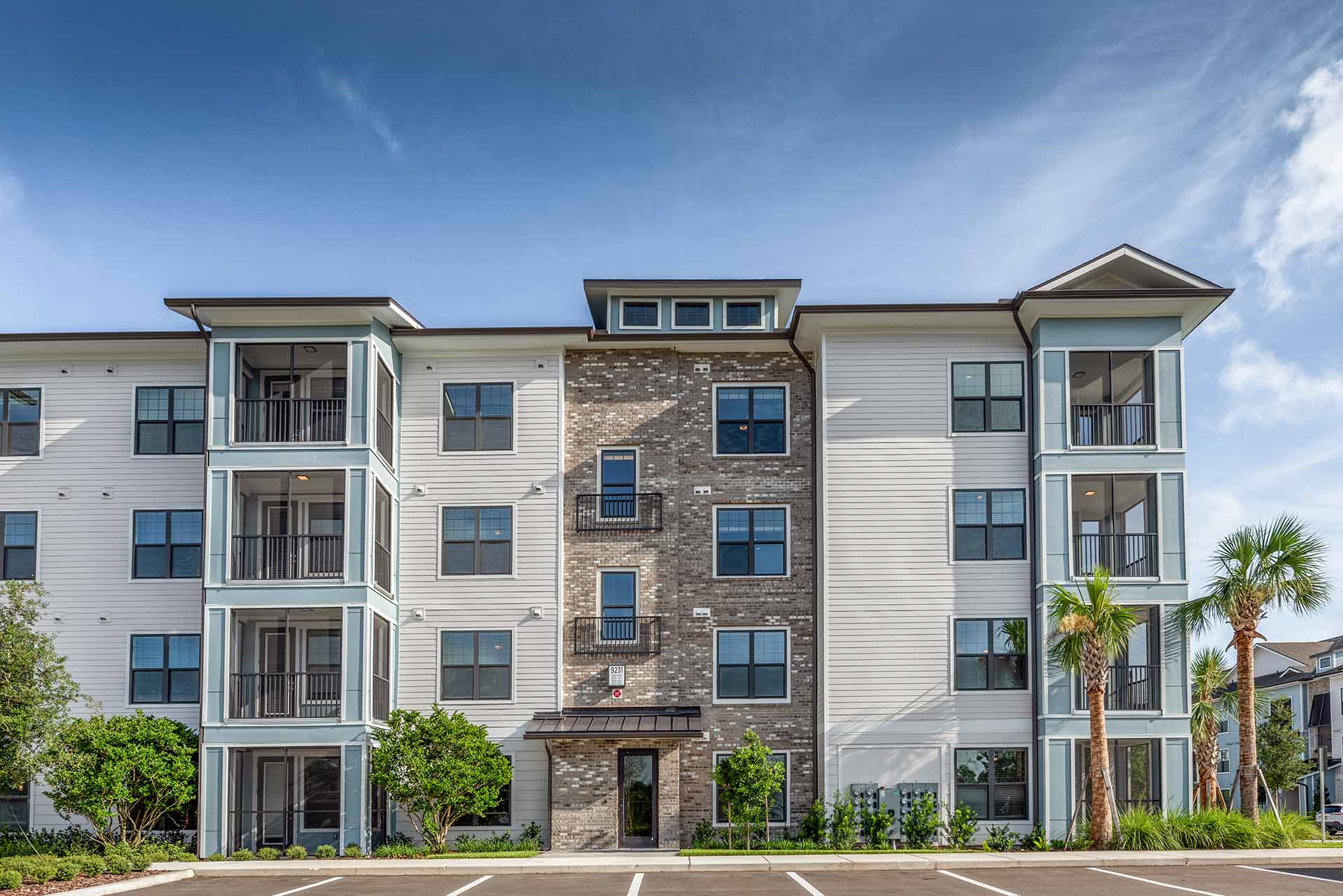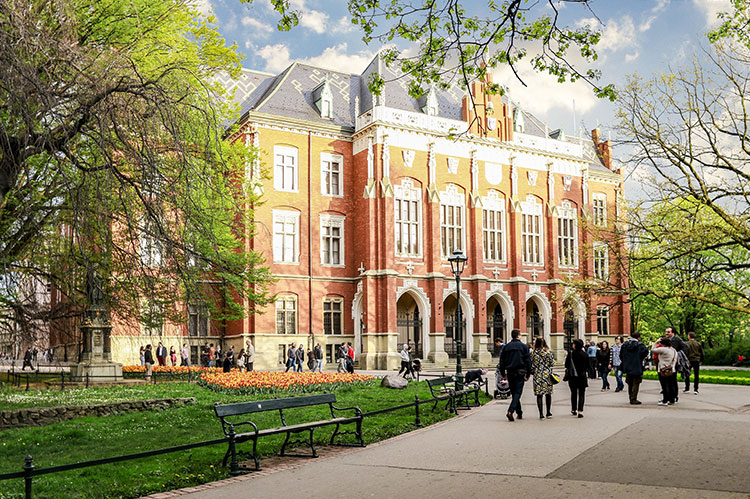Over the last few decades real estate has become a viable asset class for institutional investors. While institutional managers have traditionally gravitated towards stocks and bonds to fulfill their pension obligations, institutions have slowly increased their allocations to real estate.
Today, the average target allocation for U.S. pension funds is approximately 9%.
Over the last few decades real estate has become a viable asset class for institutional investors. While institutional managers have traditionally gravitated towards stocks and bonds to fulfill their pension obligations, institutions have slowly increased their allocations to real estate.
Traditionally, real estate has been viewed as an income-producing asset class with equity behaviors. In the recent past many institutions have been changing their view of real estate as an equity asset class with an income component. Over time real estate has proven that it has a low correlation to traditional equities and fixed income markets.
Similar to social security, many pension funds will be paying out more to beneficiaries than they will be receiving in contributions from current workers. This projected cash shortfall has caused pension funds to be more income-oriented to better position their funds to support those negative cash flows with income rather than asset sales.
There are, however, specialty property types that have seen significant institutional activity as of late. The specialty property types are hotels, self-storage, life science offices, medical offices, senior housing, student housing and data centers.
There are a variety of investment vehicles that institutional investors use to invest in diversified real estate portfolios in both equity and debt. Typical investment vehicles include joint ventures, separate accounts and funds.
The major property types that peak institutions interest are commonly referred to as the four major food groups: office, retail, industrial and multifamily. There are, however, specialty property types that have seen significant institutional activity as of late. The specialty property types are hotels, self-storage, life science offices, medical offices, senior housing, student housing and data centers.
Student housing is starting to receive more and more attention from early mover institutions who notice the value of the asset class. In 2016, private equity firm Harrison Street Real Estate Capital, LLC acquired the student housing REIT Campus Crest Communities, Inc. (NYSE: CCG) for approximately $1.9B. In 2018 Greystar Real Estate Partners acquired EdR (NYSE: EDR) for $4.6B.
More recently, in 2022, Blackstone acquired American Campus Communities, Inc. for $12.8B. The recent institutional activity in student housing has continued to legitimize the asset class as a viable specialty property type for institutions to consider.

RECENT INSTITUTIONAL STUDENT HOUSING OPERATOR ACQUISITIONS
REIT Campus Crest Communities, Inc.
Greystar Real Estate Partners
EdR
Blackstone
American Campus Communities, Inc.
Crew has several institutional student housing investment options through its private non-traded REIT and through joint ventures.



